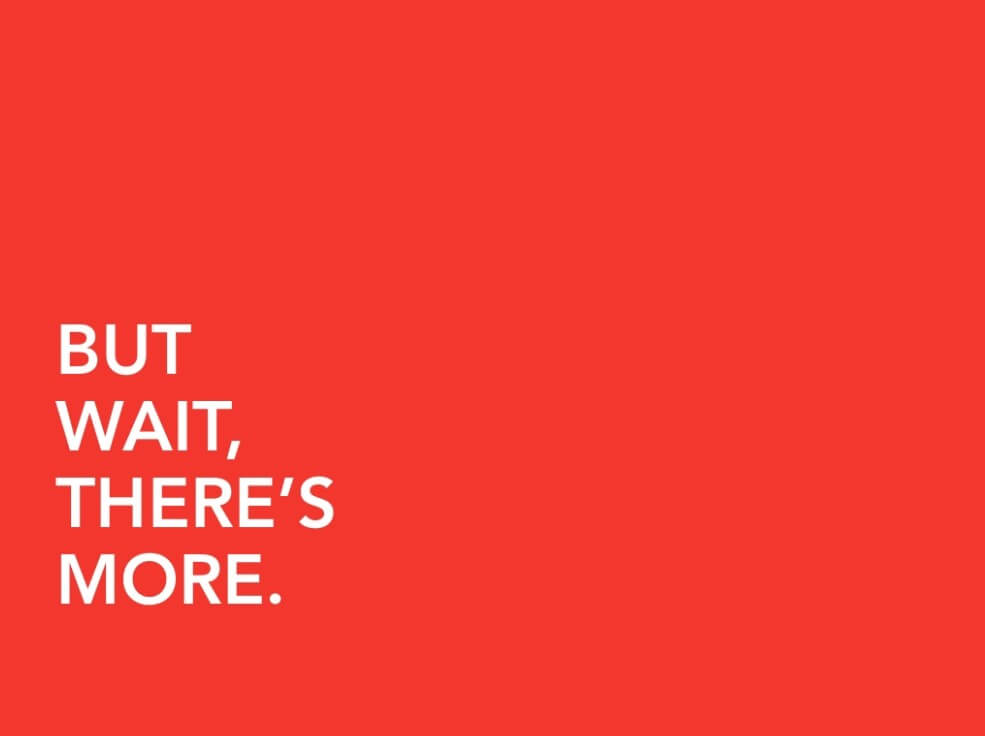We are always attracted to the lives of successful people and eager to find out what personal traits and course of action paved their way. There are dozens of books and countless Internet pages dedicated to listing and explaining things outstanding individuals do. Continuous reading, focusing on single tasks, having SMART goals to name a few. On the other hand, such people don’t procrastinate, don’t complain and they certainly don’t give up. So, it is not only what they do, but what they don’t do that actually counts.
Applied to trading, it poses the question: “How to be in 5-10% of traders that make money consistently?” Grasping the forex market will only get you so far. Understanding your oversights and misjudgments will get you further. Being able to avoid all the tools and behaviors that do not serve you will actually do the trick.
If your trading account is not where you want it to be, it isn’t a matter of chance. If you are doing things as instructed and it has not brought you closer to the prize, those things have to change. Set aside some time to assess where your trades go wrong and define the behaviors and instruments that are holding you back from a brighter future.
Stay Away from Forecasting
Many wonder where a certain currency is heading as they would like to trade accordingly. Predicting the direction a currency will take is unwise and therefore not something you want to dabble in. Once they asked the elder J.P. Morgan to deliver his opinion on stock prices. His prognosis was “I think they will fluctuate”. This is the only true answer and it pertains to the forex market as well.
 Political changes (such as elections of major world countries) or economic ones (like breaking down of international trade agreements) will reflect on a currency. Sometimes the “how” is clear as day like with Britain leaving the EU. Ever since 2016, the very mention of Brexit made the Pound struggle. After the Brexit withdrawal agreement and ten months of transition, the new UK – EU partnership agreement was put into force on January 1st, 2021. Once again the British Pound dropped by a percent against the Euro and 0.75 % against the U.S. Dollar. Many analysts expected a post-Brexit surge that never happened, which illustrates the volatility of the market. Still, it remains to be seen what the Bank of England intends to do about it.
Political changes (such as elections of major world countries) or economic ones (like breaking down of international trade agreements) will reflect on a currency. Sometimes the “how” is clear as day like with Britain leaving the EU. Ever since 2016, the very mention of Brexit made the Pound struggle. After the Brexit withdrawal agreement and ten months of transition, the new UK – EU partnership agreement was put into force on January 1st, 2021. Once again the British Pound dropped by a percent against the Euro and 0.75 % against the U.S. Dollar. Many analysts expected a post-Brexit surge that never happened, which illustrates the volatility of the market. Still, it remains to be seen what the Bank of England intends to do about it.
Unless you are Pythia, the famous high priestess of the Temple of Apollo at Delphi, you neither have to consult the oracle nor develop the gift of prophecy. Dwelling on things you have no control of is both time-consuming and unprofitable.
You Don’t Need to Be in the Pack
Herd mentality is a well-known psychological phenomenon where individuals embrace and mimic the actions of a larger group. They rely on proverbial two (or more) heads to be better than one and, despite their knowledge or experience, blindly go where the masses take them. Financial markets are no different. There it connotes a tendency to follow and copy what other traders are doing.
Countless traders racing towards an opportunity can trigger various emotional responses, but the following are most prominent:
Greed appears when the thoughts of easy money rush to your brain. The underlying belief is that others have done the research, so it isn’t imperative that you do too.
Self-doubt is sparked in situations when novices lack confidence especially when independent analysis does not coincide with the estimation of the majority. In such cases, they are more likely to believe the opinion of the many and go with the crowd.
Fear is the pervasive market-related emotion, the most common being the fear of loss. Once you lose some money, you start fearing greater losses and as a result trading less.
People also fear that the profit they’ve made may turn into a loss. If you enter a trade that is going your way and it is stagnating, you may suppose that it is coming to a halt and exit too soon. Falsely believing that the pair is overbought or oversold is dangerous for your future endeavors. In case you are right, you may start believing that you should always trust your instincts instead of reason. If you turn out to be wrong, it’s a whim that will cost you all those pips that will accumulate on someone else’s account when you leave.
Finally, there’s FOMO. Fear Of Missing Out is a syndrome usually prompted by the feeling that you might pass on a good opportunity. It happens when a trader sees a signal but does not follow up on it. He enters a trade later, after a period of being indecisive, and starts trotting after the profit. The odds turn against him and these trades invariably fail.
Stick to Your Guns
Remember Glock, a chunky, black piece that features in every other movie. It became the most sought-after gun among US police officers in the late ‘80s. Today, over 30 years later, over 65% of US law enforcement still carry it. The reason being, it is safe and dependable.
When you enter a trade you want to be covered. You do not want your pistol to shoot blanks like a superfast indicator. For one, it could be too old for modern trading. Shooting to kill a trade with it, is like aiming at a moving target, with the money moving further and further away from you.
Despite it being among the four most used indicators, RSI is no better in our opinion. It does not present a clear picture of when a price is overbought or oversold. This is particularly true when a market exhibits a strong trend. RSI loses its value which renders it is inaccurate. It works best in oscillating markets since it is, like CCI, a momentum oscillator.
These two indicators are just examples of things you have been taught to use as helpful but are at best mediocre. Even if something was there from the onset of your career, it doesn’t mean you have to keep using it if it brings sporadic results. If a tool cannot be utilized to your satisfaction, simply stop using it.

In day-to-day practice, numerous instruments are not as good as advertised. Thankfully, there are hundreds of others to try from. Arm yourself with patience to find the combination of indicators that is just right for you.
A fine example of ammunition your smooth and slick semi-automatic weapon should fire is the Average True Range indicator. ATR tells you the average number of pips per 14 candles (default setting) for the given currency pair. You can use the daily chart in the last thirty minutes before the candle is closed owing to greater accuracy, and then decide whether to trade. Provided you trade different currency pairs if the movement is slow for one pair you can risk more money whereas if it is fast for the other you will risk proportionately less. That is the true beauty of ATR – it keeps your money and risk management in check. Of course, this is just one way of many.
To revise, you grow as a trader not only knowing what to do but also realizing what to avoid. Your game will become way better if you steer clear of unreliable indicators. Refraining from forecasting will save you money. Staying away from herd mentality, FOMO, and generally keeping your emotions from over-interfering will aid your trading overall.
You will abundantly benefit from exchanging your bad habits for sound routines. Having a firm strategy in place and your risk and money management in check guarantee success.
How to Cultivate the Winning Answer
“If there’s somewhere you need to be, you have to plan how to get there.”
Maybe the saying wasn’t meant for traders, but it fits like a glove. If we want to cultivate the winning outlook, we need to determine prerequisites for up-and-coming traders.
Trading is not merely being acquainted with existing market conditions. Besides the knowledge and skills necessary to trade, there is a great deal of psychology involved. Trading psychology is no less a vital part of trading than having a good strategic approach.
One’s beliefs concerning intelligence and talent shape their mindset. When we perceive such qualities as inborn and unchangeable we speak of fixed mindset. This kind of perspective makes it hard for people to tackle problems and they are easily blocked by their mistakes. If you recognize yourself in any of these, you are on the wrong track.
What you believe to be true about yourself as a person and a trader has a bearing on achieving or failing to accomplish your goals. Have faith in yourself and stand firm in your belief that commitment and due diligence develop and strengthen your abilities over time. This is the basis of a growth mindset, a valuable tool for all true professionals. It is crucial for traders to develop one, as it will teach them how to focus on constant personal improvement, view obstacles as learning opportunities, try out different tactics, analyze the way they trade, and use their findings to refine their trading skills.
As Cool As A Cucumber
Other than a mindset of growth, traders should have a mindset of poise. At the onset of your trading career and later on from time time, the market will throw you a curveball. It is only human to react to winning and losing, but the way you react will determine what kind of trader you are. You have to be aware that everyone loses occasionally. Loss is but a setback to be overcome with a new approach.
Instead of being apprehensive, a trader should exude the air of tranquility. That is not easy to accomplish as there is often a lot at stake. Emotions frequently interfere with making rational decisions, especially fear, impatience, greed, and anger. Impatience is particularly bad because it triggers rash behavior and envelopes the other three. It is in the trader’s best interest to stay impartial to the market. It will help increase gains and minimize losses.
 Trading goes hand in hand with taking chances. As a trader, you acquire a high-risk tolerance, but it has nothing to with being hazardous. Pro traders take calculated risks, the ones that are more likely to turn into profit. They are simultaneously aware of the inevitability of losses. There’s no profit without a loss, they are just two sides of the same coin. Having that in mind, they never succumb to being exceedingly exultant about winning trades or overly despondent about losing them.
Trading goes hand in hand with taking chances. As a trader, you acquire a high-risk tolerance, but it has nothing to with being hazardous. Pro traders take calculated risks, the ones that are more likely to turn into profit. They are simultaneously aware of the inevitability of losses. There’s no profit without a loss, they are just two sides of the same coin. Having that in mind, they never succumb to being exceedingly exultant about winning trades or overly despondent about losing them.
Two things that work wonders for keeping you composed are sleep and meditation. It is well-known that good sleep improves your concentration and maximizes your productivity. It is advisable for traders to start their day well-rested which benefits their attention and making a better judgment.
A trader’s internal memory is crammed with thoughts of past losses, future gains, and different kinds of trade-related anxiety. Introducing meditation, even as short as 5-minute ones, resets this computer of flesh and blood. The cache memory has to be cleared in order to stay focused on the present. Meditation dials down all the mind wandering, increases the concentration of gray matter in the brain, and is responsible for clearer information processing and better decision-making.
Loving What You Do…
The only thing you should be passionate about is the job itself. Trading works best when it generates a combination of euphoria and fascination. You start going deep into things because you find everything interesting and, before you know it, you breathe it, eat it, you even dream of candles and spikes at night. A drive to learn and be truly good at it will make it seem less like a profession and more like a hobby.
Finding mentors or role models is a big yes. Once given the chance, observe and absorb the way they operate until you become one with it. Deconstruct their actions until you master them, then implement them in your routine. As an alternative, follow other successful traders on social media, blogs, or youtube and read books on the subject. Always bear in mind the ratio of successful and unsuccessful traders, so not everyone will be the person you copy or look up to.
Be aware that the path is one of solitude and perseverance. There is no such thing as being over-prepared, so study the charts and do all the necessary background work. Be willing to try out new things, test new indicators and strategies. In that respect, trial and error are your new best friends.
Meticulous Planning and Execution
You will not learn only from others, but also from your own experience. Keeping a trading journal will help you with that. It is an indispensable tool for every aspiring trader who wants to evaluate their work objectively. Journal should contain daily entries starting before the trade and finishing after. It ought to incorporate all the minute details like date, the time frame that you trade, the currency pair being traded, the direction of the trade, entry and exit points, two types of exit rules (one for taking profit and another for limiting your risk aka stop loss) and so on. Apart from the factors mentioned above, you should make a note of all the indicators you are using, slowly building your algorithm.
You should also decide on the strategy you are using, whether it’s a trend following or a trend-reverse, news strategy, or a scalping one. Note down your go-to strategies and be equally prepared for profit and loss. The rudimental purpose in the core of your strategy is to keep you on course towards your long-term goals.

Jot down the result of the trade and include remarks about the forex market. Pay close attention to your emotions and write them down as well. All this data is invaluable for your growth because you can always turn to it to get feedback on your trading. Retracing your steps can give a slew of information about one’s good or bad trading patterns. Having a neatly laid out plan will allow you to dissect each trade to see what, if anything, could have been done differently. In terms of losses, breaking down what went wrong may prevent future ones.
As you can see, a trader does not go headstrong into a challenge. Integrating journals into the daily trading routine is like having navigation for smoother sailing. It’s a reminder that you came prepared since there is no serious trading without a plan in place. Having a methodical approach to conquering the financial market is well worth the time and effort invested into making it.
The most important thing about a trading plan and this can’t be stressed enough, is adhering religiously to what you’ve outlined. You don’t enter a trade unless all those indicators with immutable signals coincide with one another. You exit neither before nor after you stop loss because you put it there for a reason. You similarly follow the book on your profit-making rule, because you are too smart to let your profit turn into a loss.
All these things require commitment. If you’ve read this far you are ready. You have the drive necessary to strive to continually improve your game and the determination to enhance your prospects for success.




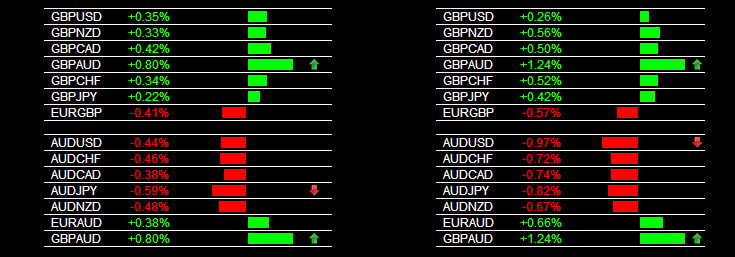
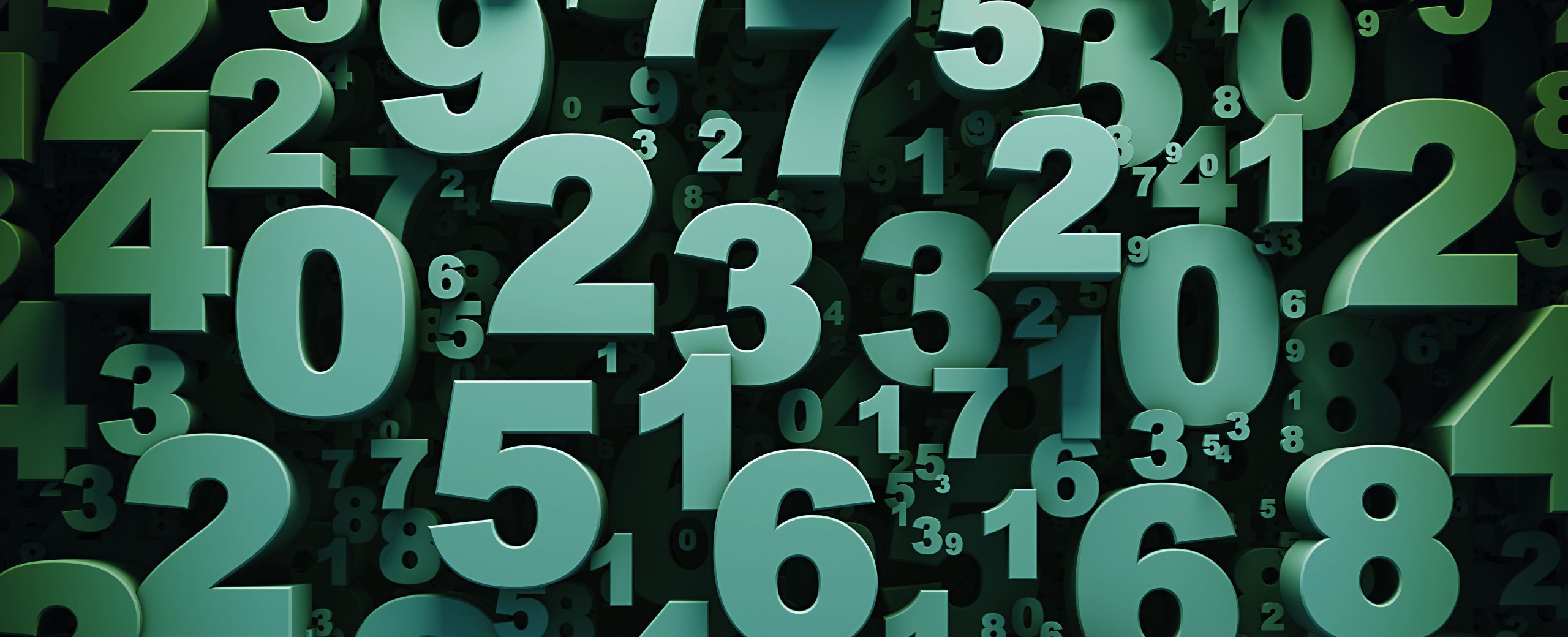
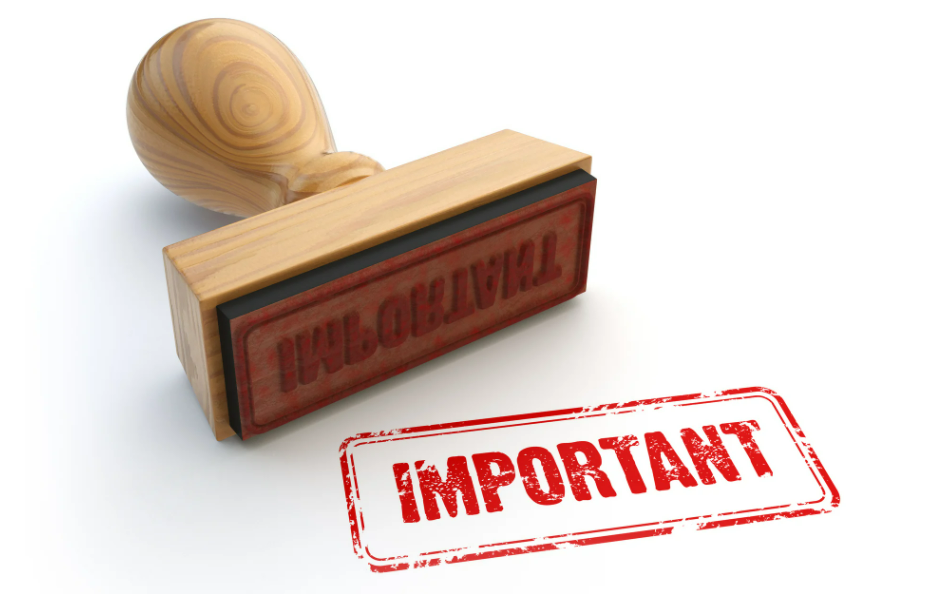
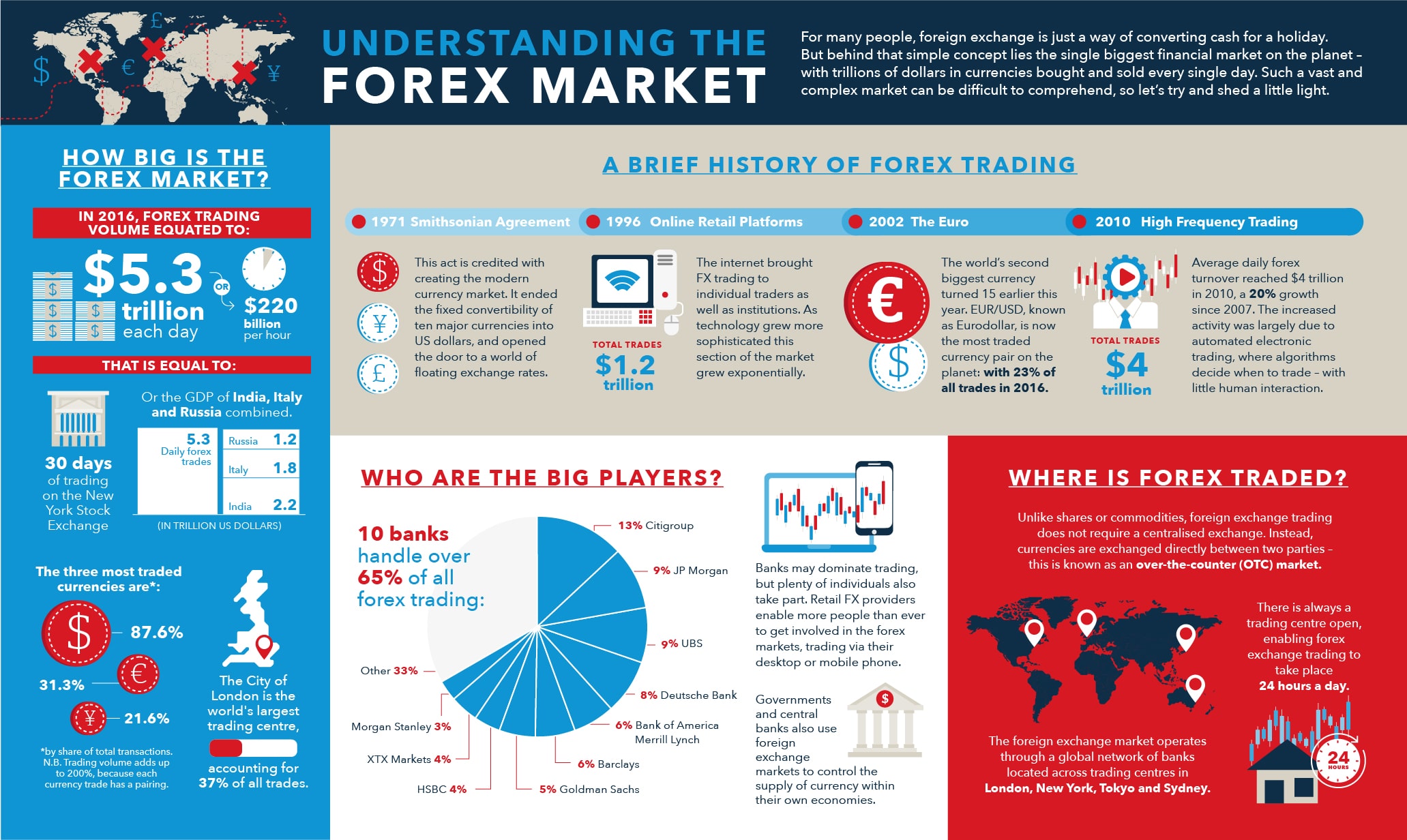
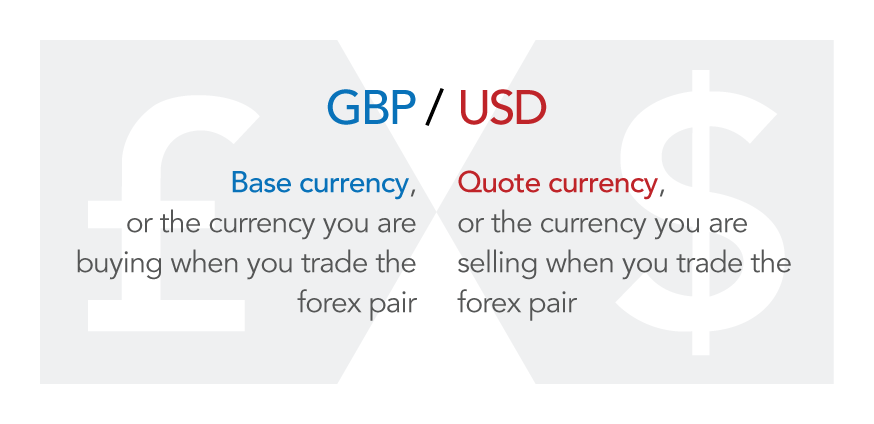
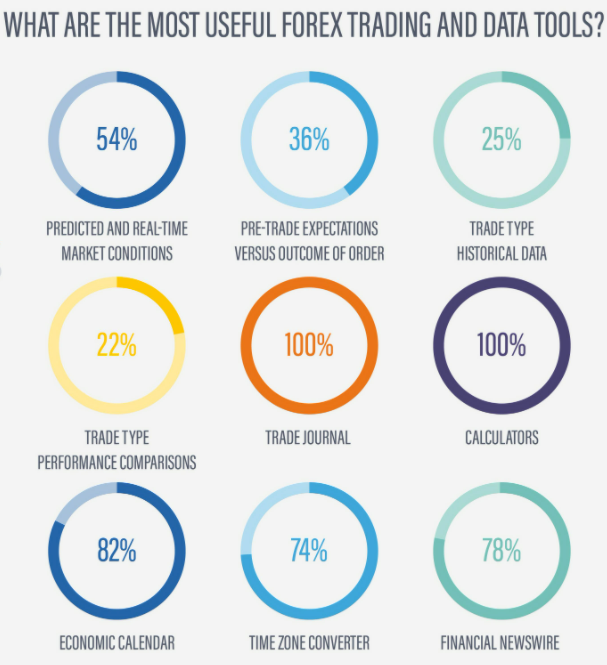
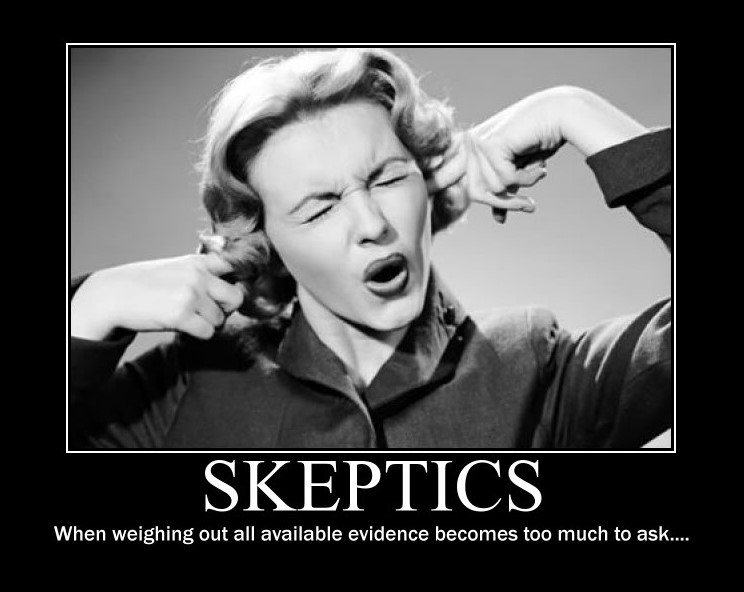
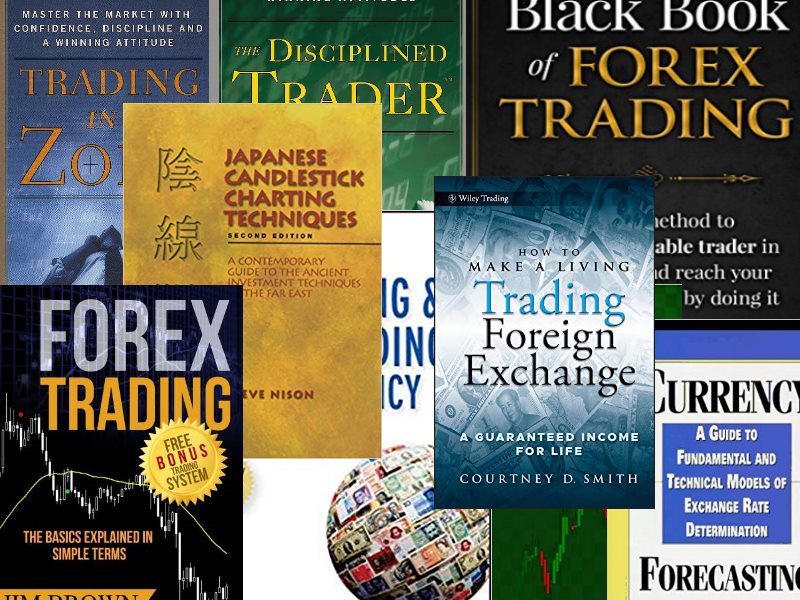
 The New Life of Trading – Alexander Elder
The New Life of Trading – Alexander Elder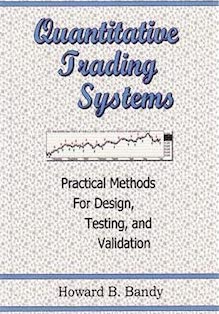 Quantitative Trading Systems- Howard Bandy
Quantitative Trading Systems- Howard Bandy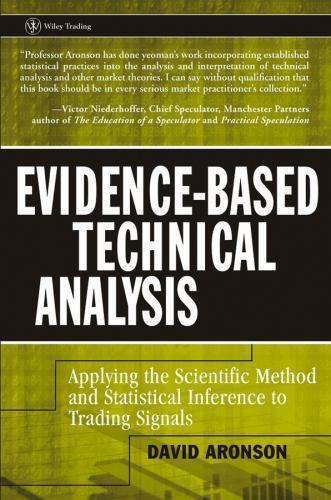 Technical Analysis Based on Statistics (Evidence-Based Technical Analysis) – David Aronson
Technical Analysis Based on Statistics (Evidence-Based Technical Analysis) – David Aronson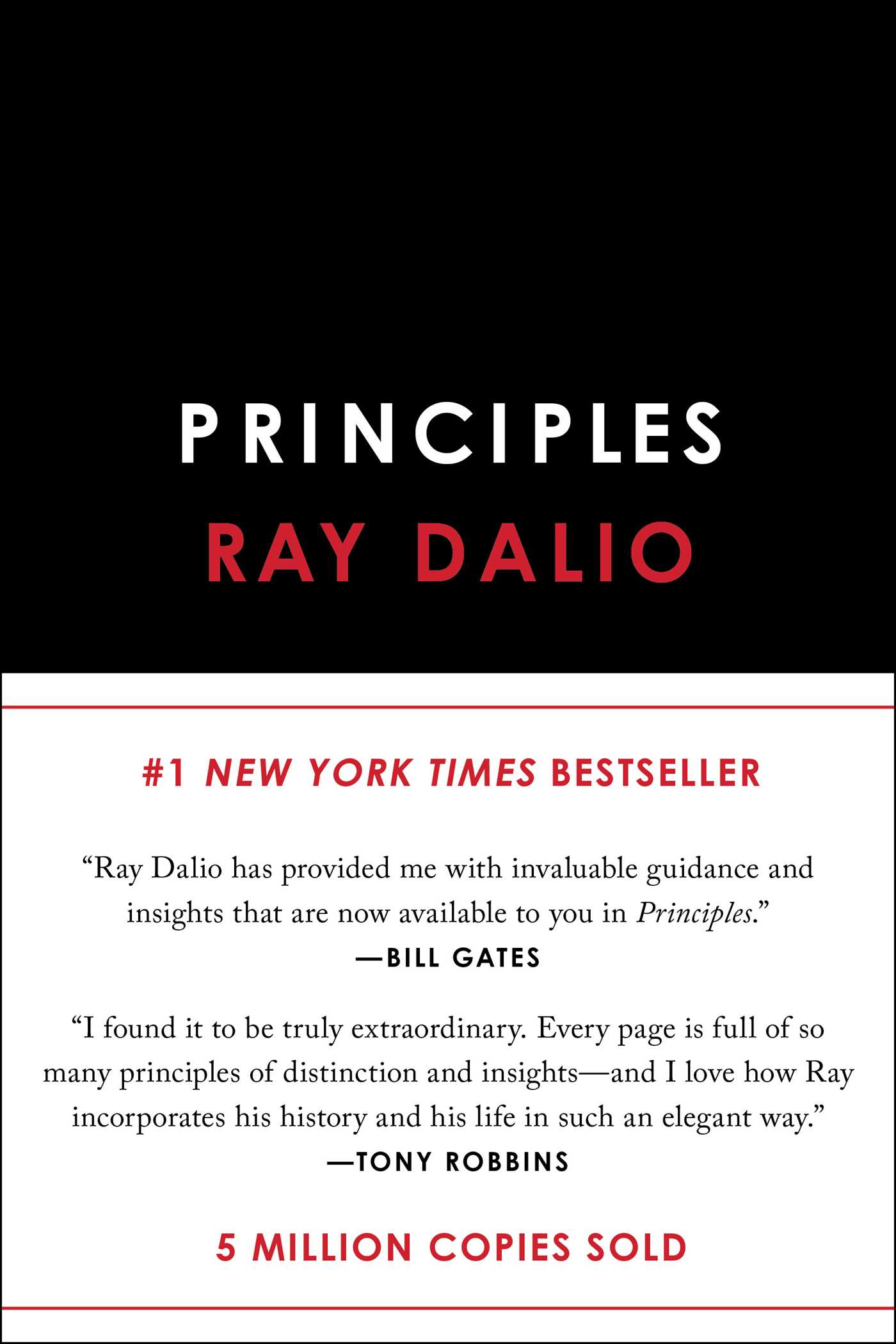 Principles – Ray Dalio
Principles – Ray Dalio
 Political changes (such as elections of major world countries) or economic ones (like breaking down of international trade agreements) will reflect on a currency. Sometimes the “how” is clear as day like with Britain leaving the EU. Ever since 2016, the very mention of Brexit made the Pound struggle. After the Brexit withdrawal agreement and ten months of transition, the new UK – EU partnership agreement was put into force on January 1
Political changes (such as elections of major world countries) or economic ones (like breaking down of international trade agreements) will reflect on a currency. Sometimes the “how” is clear as day like with Britain leaving the EU. Ever since 2016, the very mention of Brexit made the Pound struggle. After the Brexit withdrawal agreement and ten months of transition, the new UK – EU partnership agreement was put into force on January 1
 Trading goes hand in hand with taking chances. As a trader, you acquire a high-risk tolerance, but it has nothing to with being hazardous. Pro traders take calculated risks, the ones that are more likely to turn into profit. They are simultaneously aware of the inevitability of losses. There’s no profit without a loss, they are just two sides of the same coin. Having that in mind, they never succumb to being exceedingly exultant about
Trading goes hand in hand with taking chances. As a trader, you acquire a high-risk tolerance, but it has nothing to with being hazardous. Pro traders take calculated risks, the ones that are more likely to turn into profit. They are simultaneously aware of the inevitability of losses. There’s no profit without a loss, they are just two sides of the same coin. Having that in mind, they never succumb to being exceedingly exultant about 





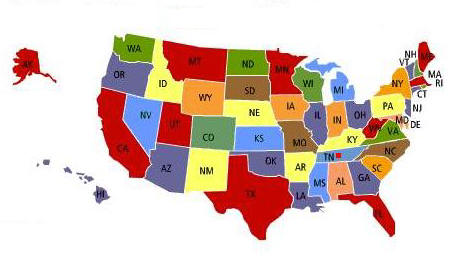 Many people, especially those that have seen some of the Hollywood or bigger films about trading and forex will often think that the USA is the center, it is where the most trading happens. When in reality, only around 19% of trades and trade volume takes place in the US, instead, the center of the trading world is actually London, it is predicted that 43% of all forex trading transactions take place in the United Kingdom, and London, making it the main hub for Forex trading.
Many people, especially those that have seen some of the Hollywood or bigger films about trading and forex will often think that the USA is the center, it is where the most trading happens. When in reality, only around 19% of trades and trade volume takes place in the US, instead, the center of the trading world is actually London, it is predicted that 43% of all forex trading transactions take place in the United Kingdom, and London, making it the main hub for Forex trading.






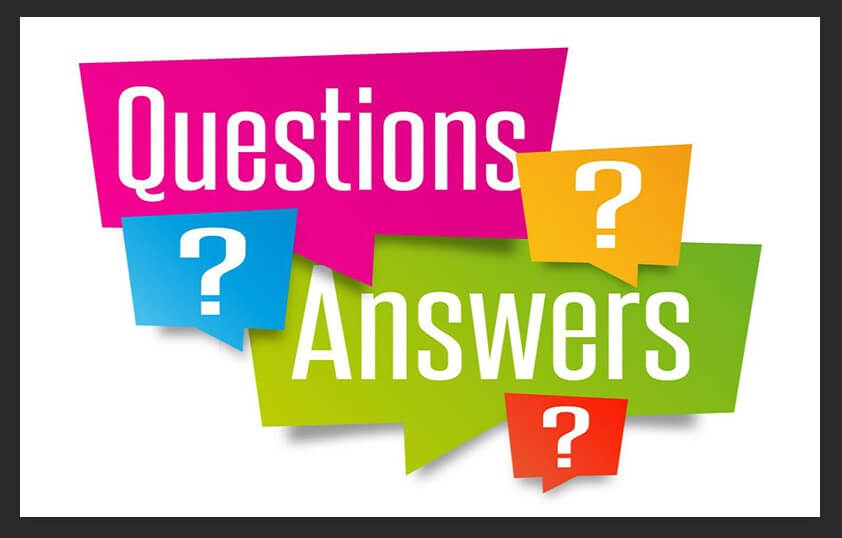
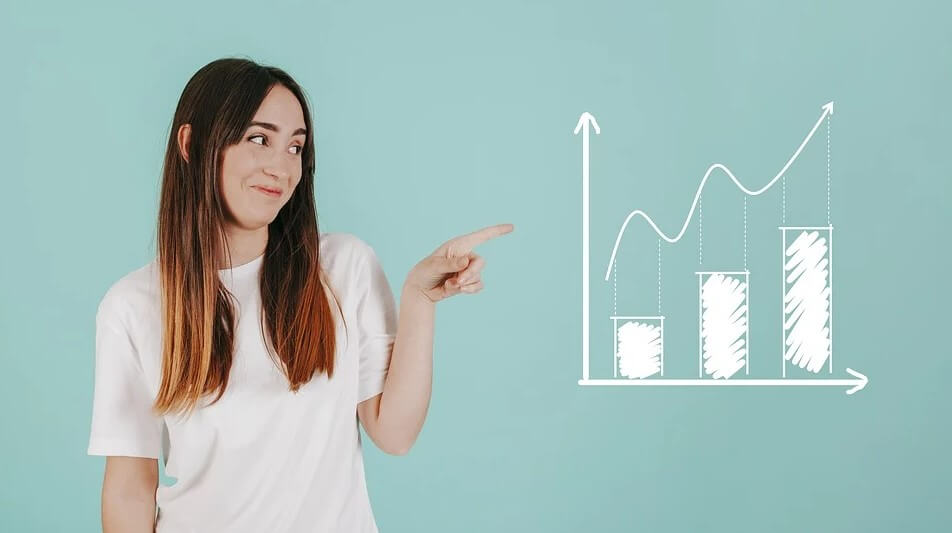


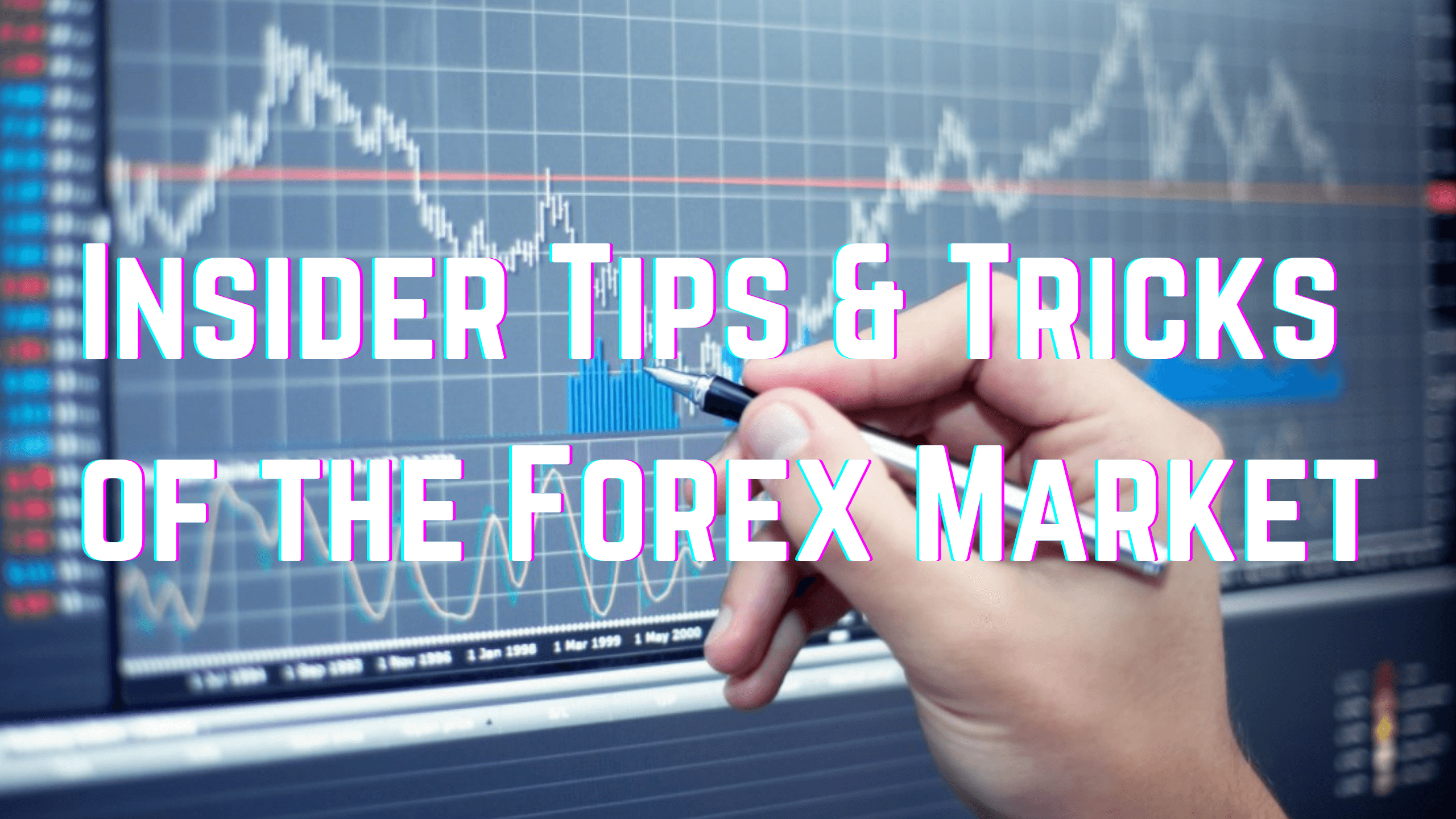

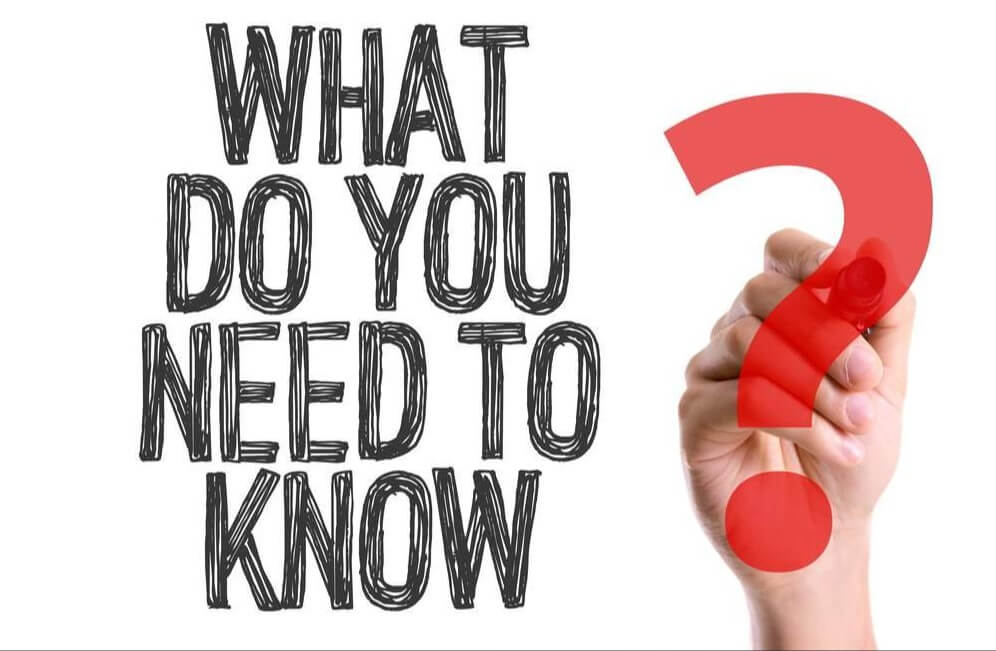
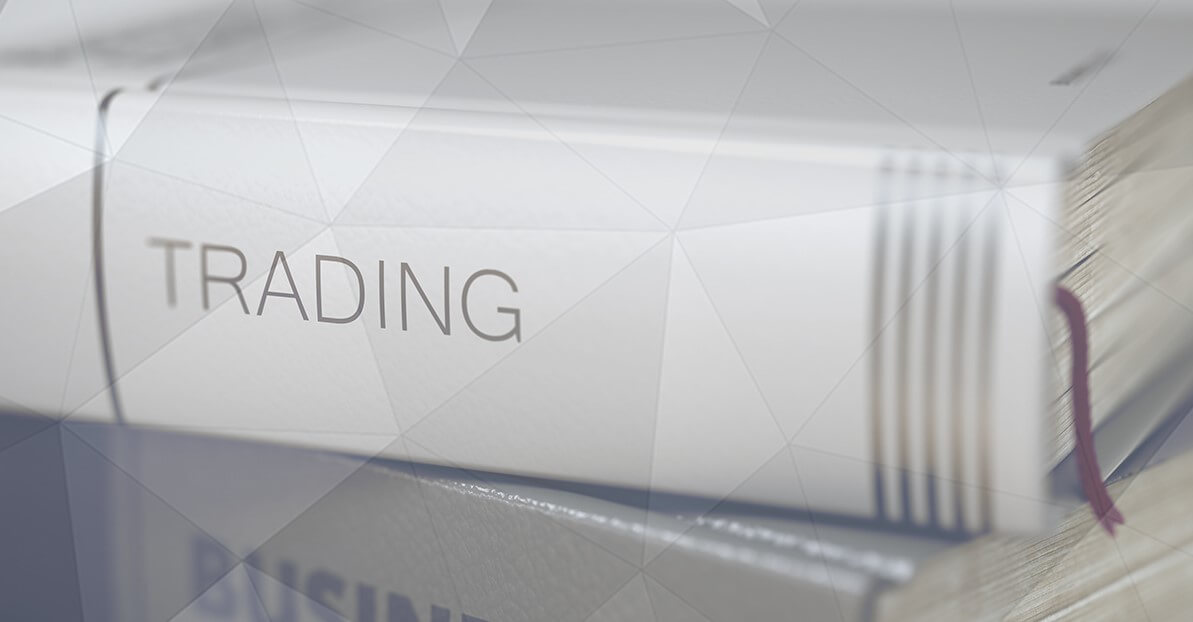


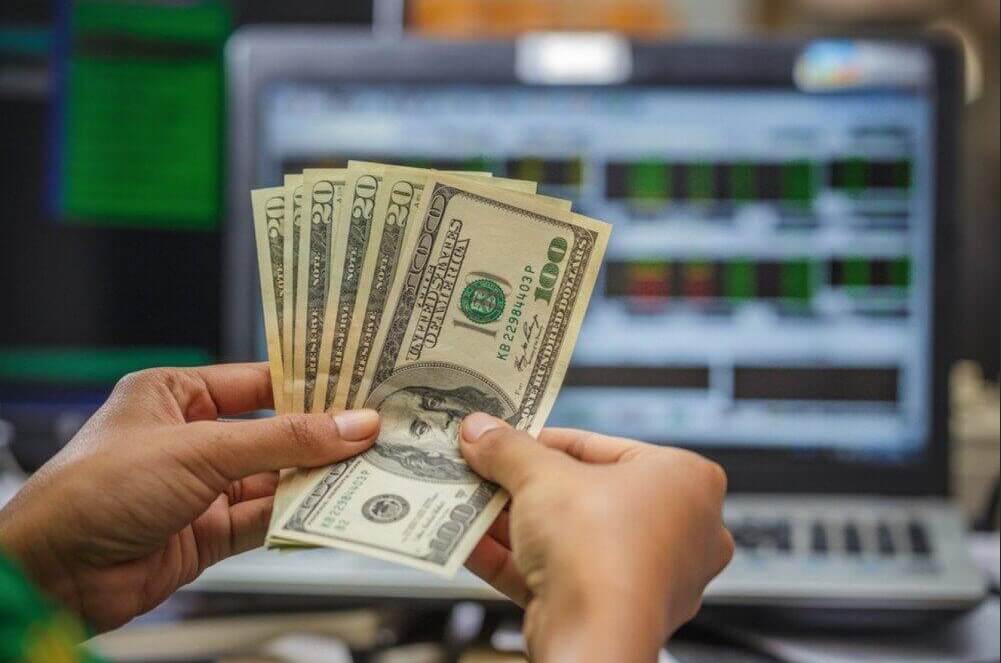



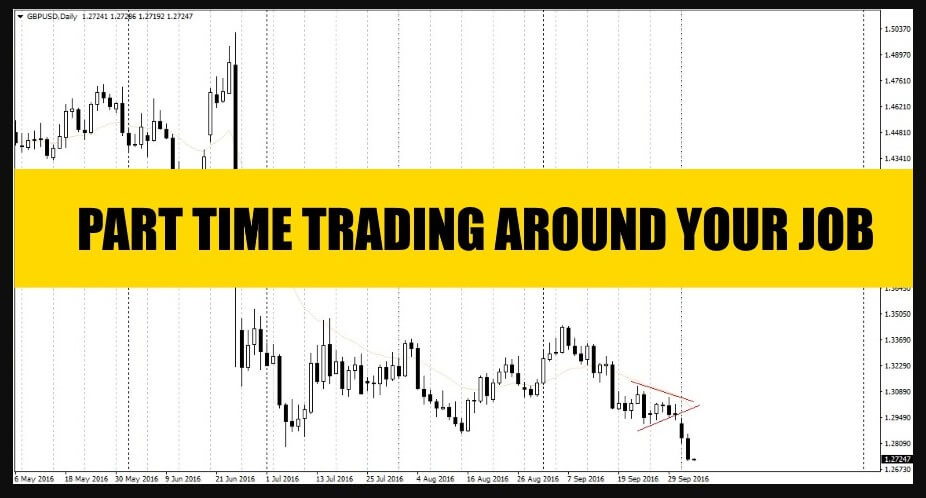

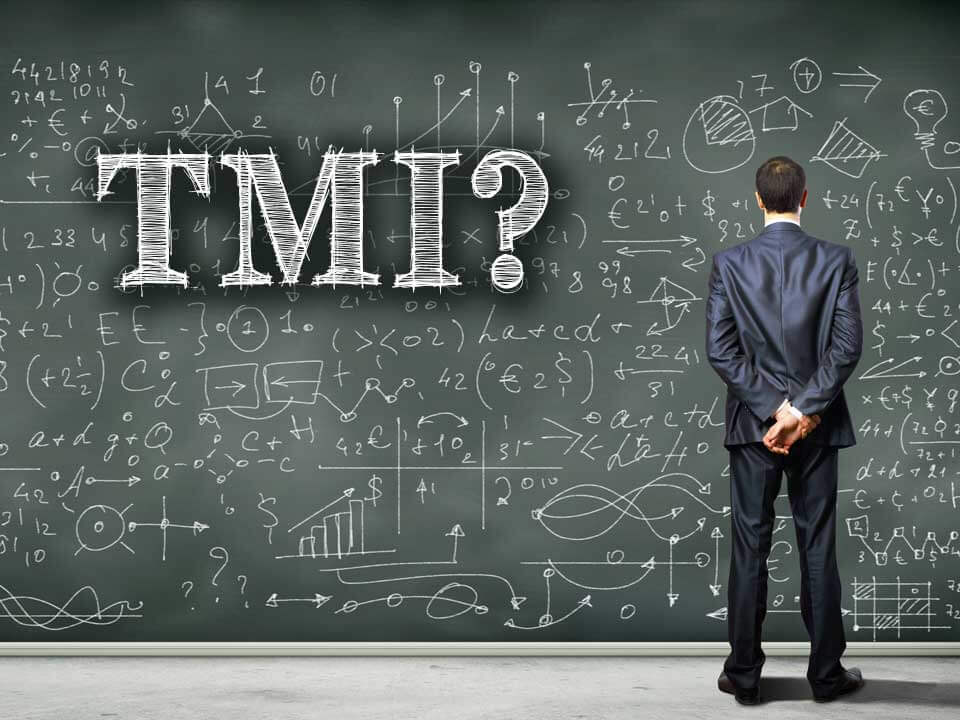




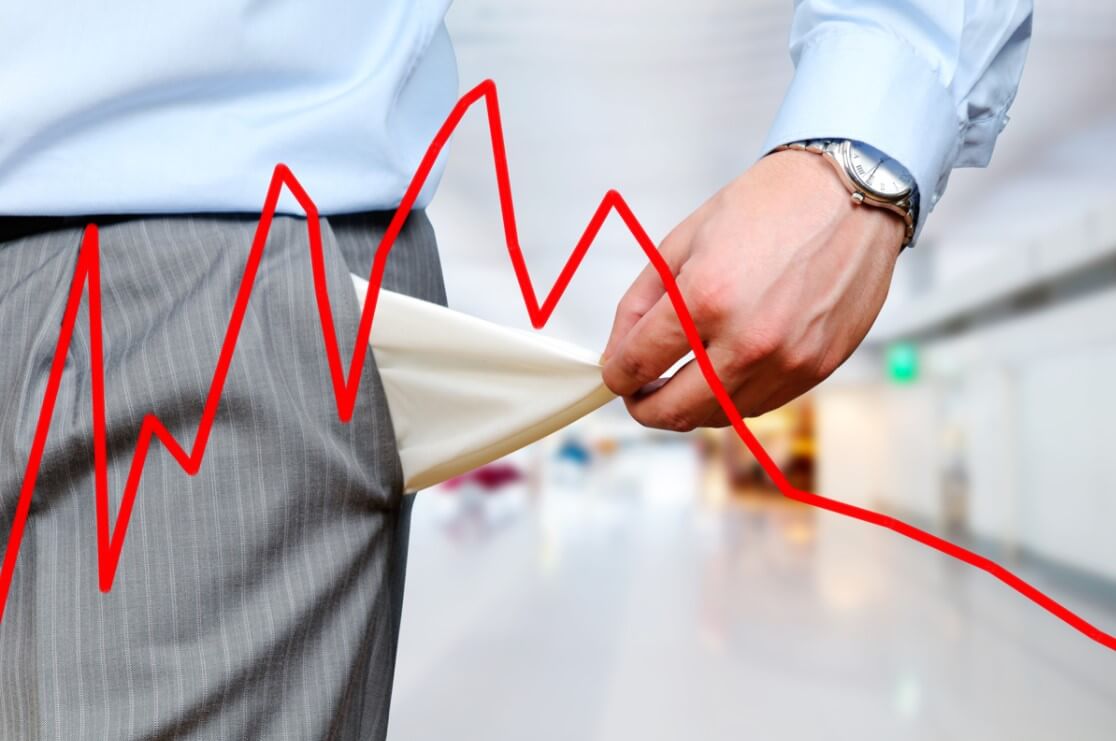


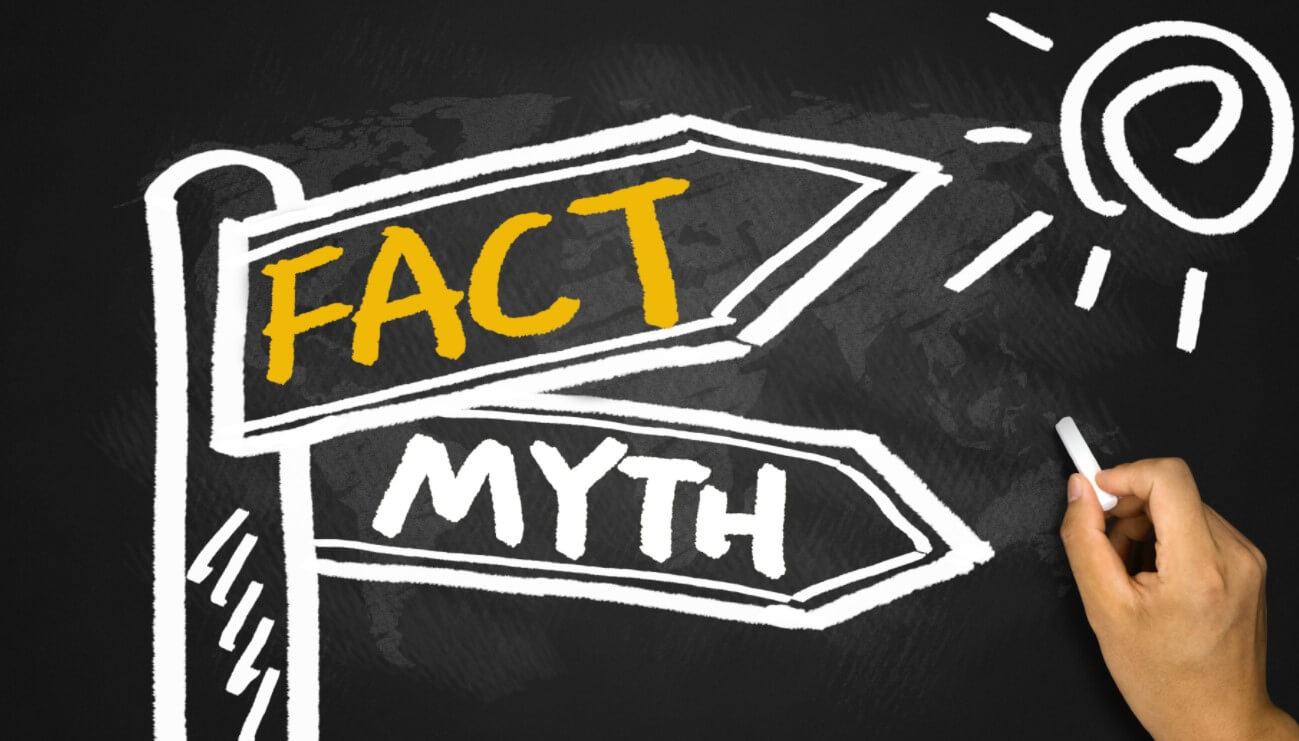
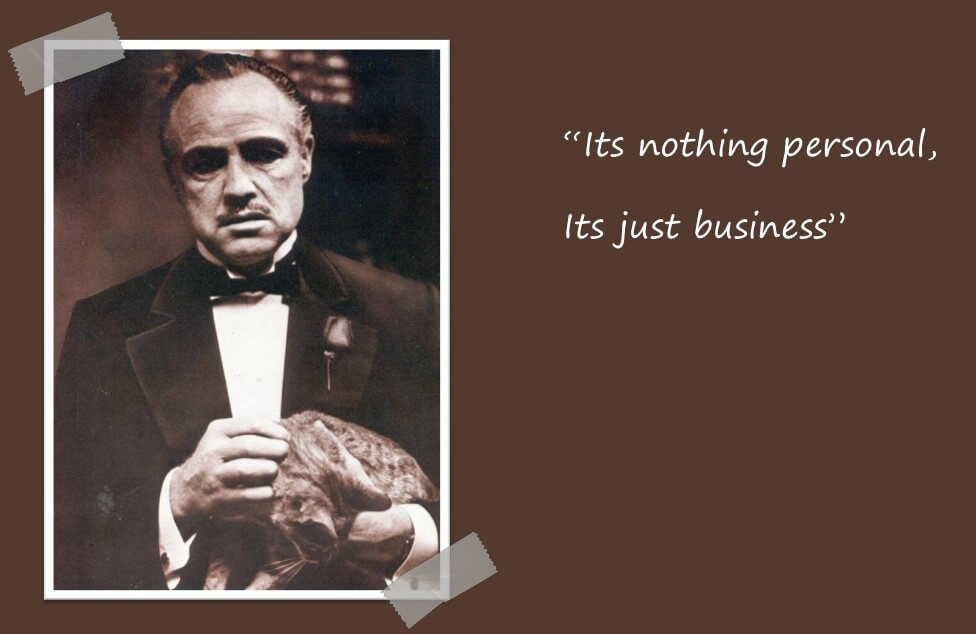





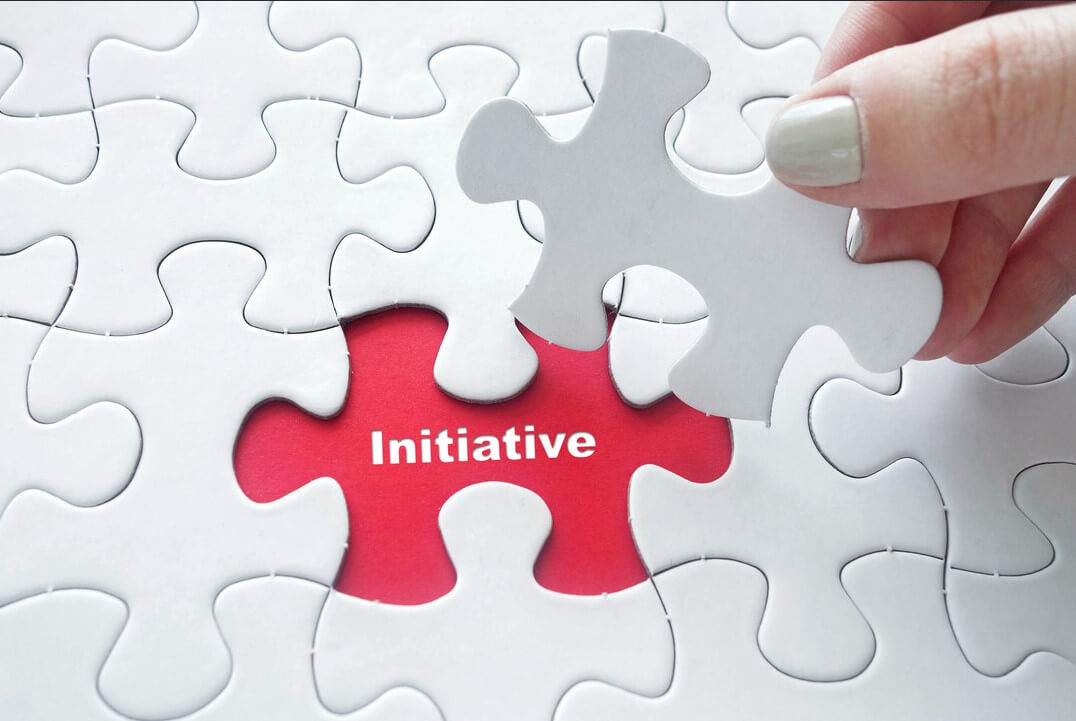
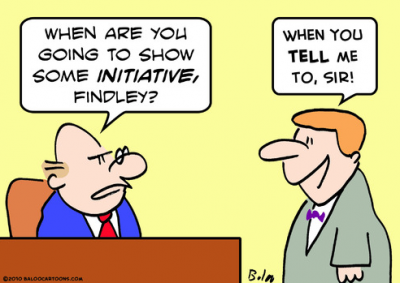 Another reason that we have heard from people is that forex is too complex and overwhelming to learn. Surely that forex is not an overnight thing to learn but there are tons of online material out there that is easily accessible and completely free. Forex is around 4 trillion dollars a day market that traders are trying to go in and extract money from over and over so there could be a lot of benefit for those who are persistent and want to build a career in trading. Honestly, the worst thing is not doing anything. The biggest risk we can ever take is simply not taking any. Why? Because we could end up with no retirement money. Most people have absolutely nothing saved. Relying on someone always and all the time might not be the safest house for us, nobody wants that.
Another reason that we have heard from people is that forex is too complex and overwhelming to learn. Surely that forex is not an overnight thing to learn but there are tons of online material out there that is easily accessible and completely free. Forex is around 4 trillion dollars a day market that traders are trying to go in and extract money from over and over so there could be a lot of benefit for those who are persistent and want to build a career in trading. Honestly, the worst thing is not doing anything. The biggest risk we can ever take is simply not taking any. Why? Because we could end up with no retirement money. Most people have absolutely nothing saved. Relying on someone always and all the time might not be the safest house for us, nobody wants that.

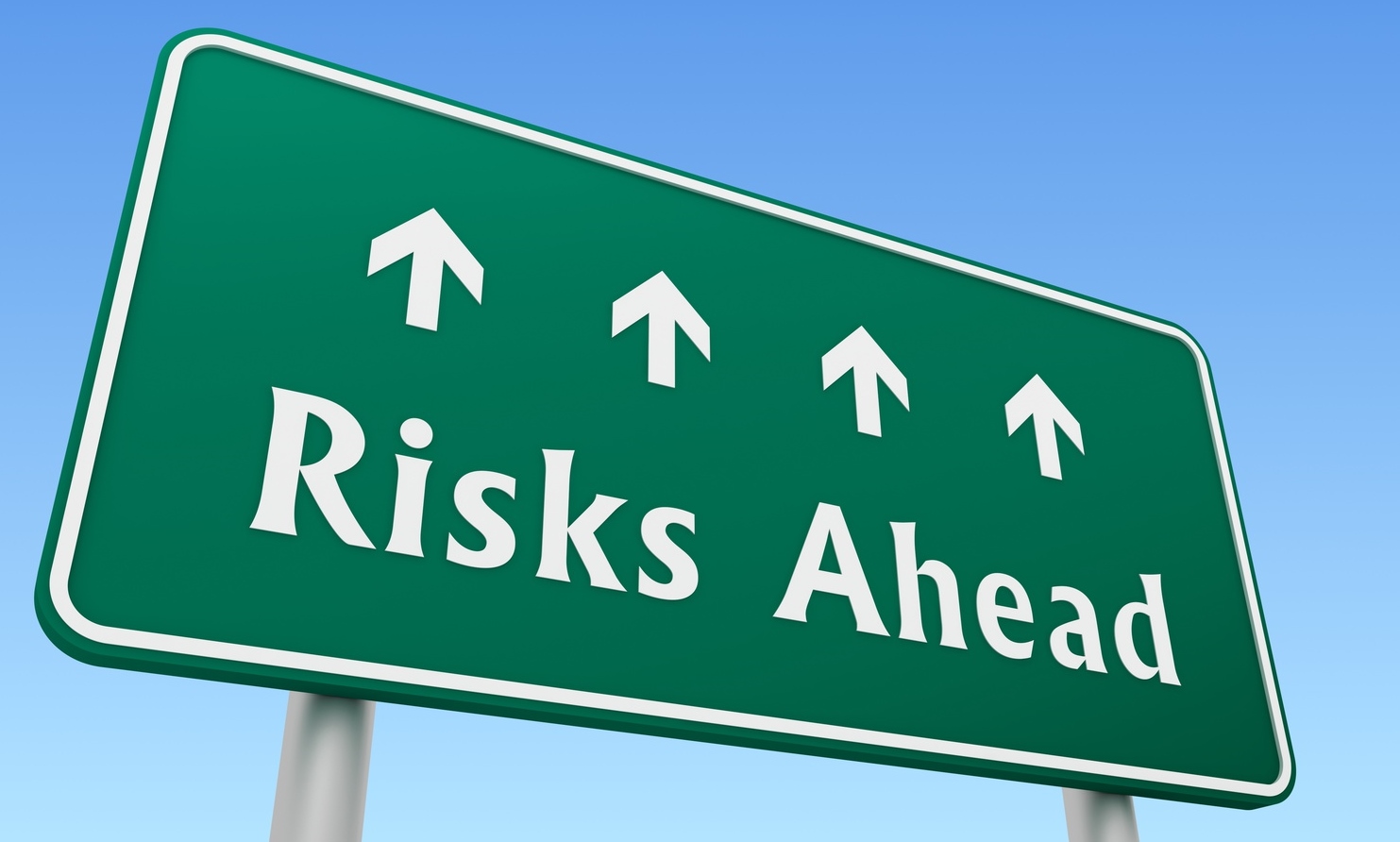
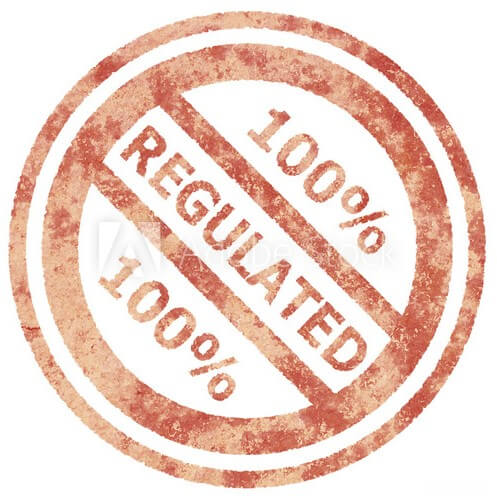 Choosing the right broker when trading is vital, it needs to be one that you can trust, and that has a decent reputation. What many people will tell you will be to go for a
Choosing the right broker when trading is vital, it needs to be one that you can trust, and that has a decent reputation. What many people will tell you will be to go for a 


